Rosselló Administration Doing 80 in a 55 Zone with Status Expenses and PROM
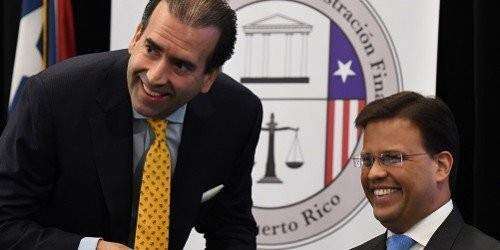
On several occasions, Rosselló’s administration and leaders of the New Progressive Party (NPP) –such as former House Speaker Jose Aponte–have stated that the Fiscal Control Board (FCB) and PROMESA should not interfere with the expenses incurred in the plebiscite and the recently launched Tennessee Plan. However, a reading of the act reveals that this is less of a fact and more of an interpretation.
The subject of the funds spent on the plebiscite (which has already cost $7 million) and the Plan has been constantly avoided by the FCB and Rosselló’s administration. In fact, NotiCel has asked them for a statement on whether the plebiscite and Tennessee Plan expenses were approved under the federal act that grants power to the Board over the legislation’s fiscal impact.
Neither the governor nor the Board has outlined the legislation’s fiscal impact certifications submitted and the Board’s response to these.
And it is not because they have no knowledge of this.
Last Sunday, the president of the State Elections Commission, Liza García, told NotiCel that the FCB had requested a breakdown of the plebiscite expenses, and that she acquiesced. The official said that, upon submission of the report, the expenses added up to nearly $7 million.
As for the recently passed law authorizing the Tennessee Plan strategy—by means of which Puerto Rico will send two ‘senators’ and five ‘congressmen’ to the Congress hallways to raise awareness and lobby for statehood—, Fortaleza has not explained its associated expenses. Nonetheless, the governor presented this plan on Sunday, claiming it is the next step after the Statehood option obtained 97% of the vote in the plebiscite with the lowest turnout in Puerto Rican history.
But what does PROMESA say about the status?
It is only addressed in one section (402), which reads:
‘RIGHT OF PUERTO RICO TO DETERMINE ITS FUTURE POLITICAL STATUS.
Nothing in this Act shall be interpreted to restrict Puerto Rico’s right to determine its future political status, including by conducting the plebiscite as authorized by Public Law 113–76.’
This language does not include any mentions or allusions to ‘expenses’; it only talks about ‘determining its status’. But what does it mean by ‘determine’?
Since this is a recently approved law with no precedent in the United States, to the extent that this is a law to manage a territory’s public finances, there are few available sources to help interpret its meaning.
In that sense, the first available source (and the closest to Congress) is a report from the Congressional Research Service, which explains the entire law based on legislative history. In regards to section 402, it only says that ‘this includes a future plebiscite (popular vote), which Congress funded in the FY2014 omnibus appropriations law.’
Apparently, this leads to the conclusion that what Congress meant was related to the plebiscite they approved in 2014. The problem with this is that the plebiscite they authorized in 2014 is not the one conducted last Sunday, because the one they approved required the endorsement of the US Department of Justice to be able to use the allocated $2.5 million. The governor himself even admitted that he opted to hold the plebiscite with Puerto Rico’s public funds and with no authorization from Justice, because he did not want to keep waiting for a second ballot revision, after the first version of the status definitions was rejected.
Another question is whether ‘determining its future political status’ includes the expenses incurred in launching strategies after the plebiscite. If this is the case, Rosselló’s administration could justify four years in which, in spite of the bankruptcy, they could spend millions in lobbying, publicity, and other issues related to Sunday’s consultation.
A clarification on how to apply this part of PROMESA could be provided first and foremost by the Board—without taking the courts into account, if the issue went that far. The Board, however, has opted to keep complicit silence.
Popular ahora

Bienvenido a Noticel
Empieza a crear una cuenta
Verificación de cuenta
Te enviaremos un correo electrónico con un enlace para verificar tu cuenta. Si no lo ves, revisa tu carpeta de correo no deseado y confirma que tienes una cuenta vinculada a ese correo.
Has olvidado tu contraseña
Introduce el correo electrónico de tu cuenta y te enviaremos un enlace para restablecer la contraseña.
Has olvidado tu contraseña
Le hemos enviado un correo electrónico a {{ email }} con un enlace para restablecer su contraseña. Si no lo ve, revise su carpeta de correo no deseado y confírmeme que tiene una cuenta vinculada a ese correo electrónico.
Personaliza tu feed
Verifica que tu dirección de correo electrónico sea correcta. Una vez completado el cambio, utiliza este correo electrónico para iniciar sesión y administrar tu perfil.
Elige tus temas
- Deportes
- Economía
- El Tiempo
- Entretenimiento
- Más
- Noticias
- Opiniones
- Última Hora
- Vida y Bienestar
- Videos y Fotos

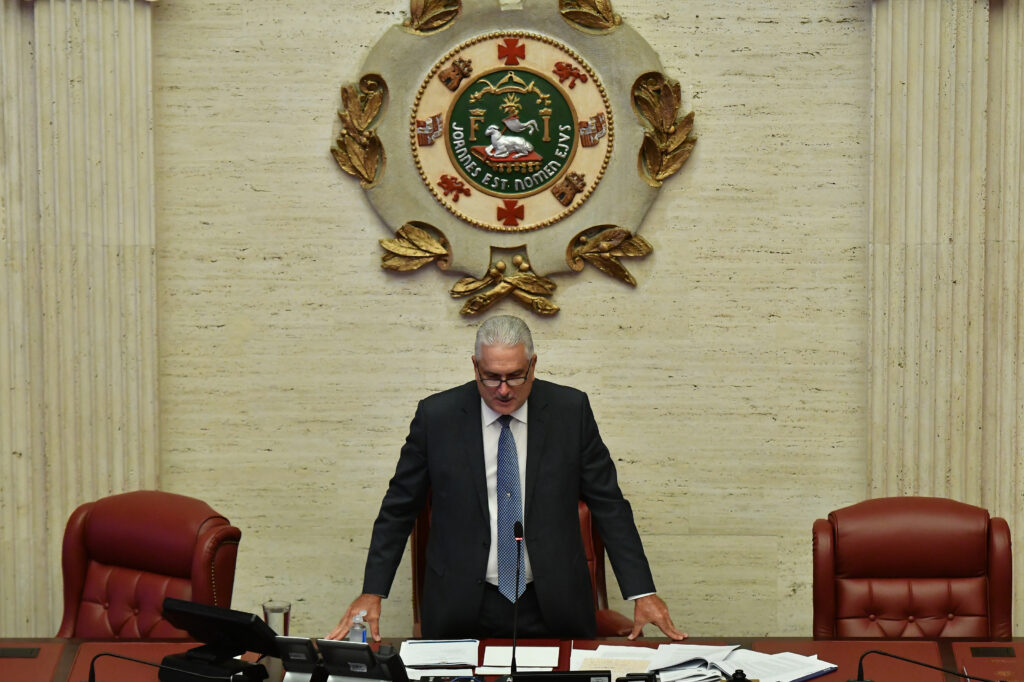
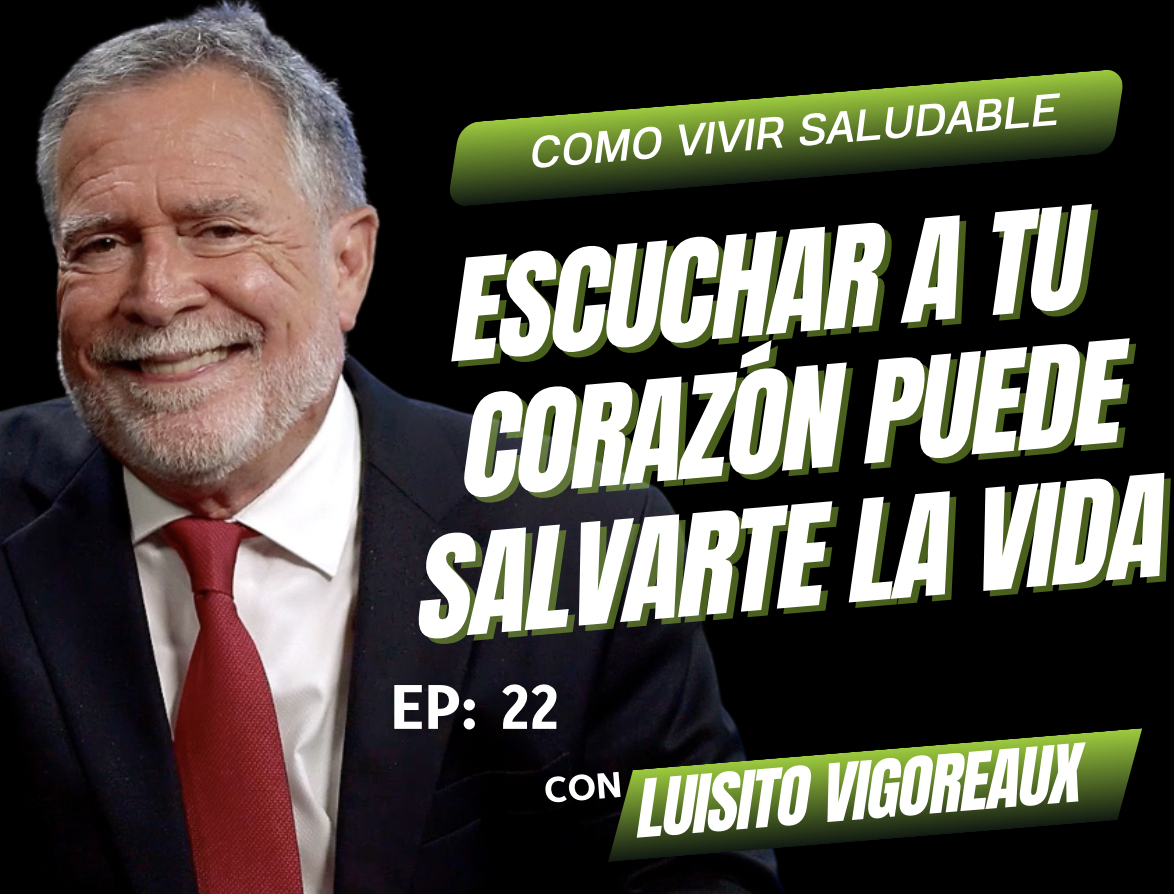
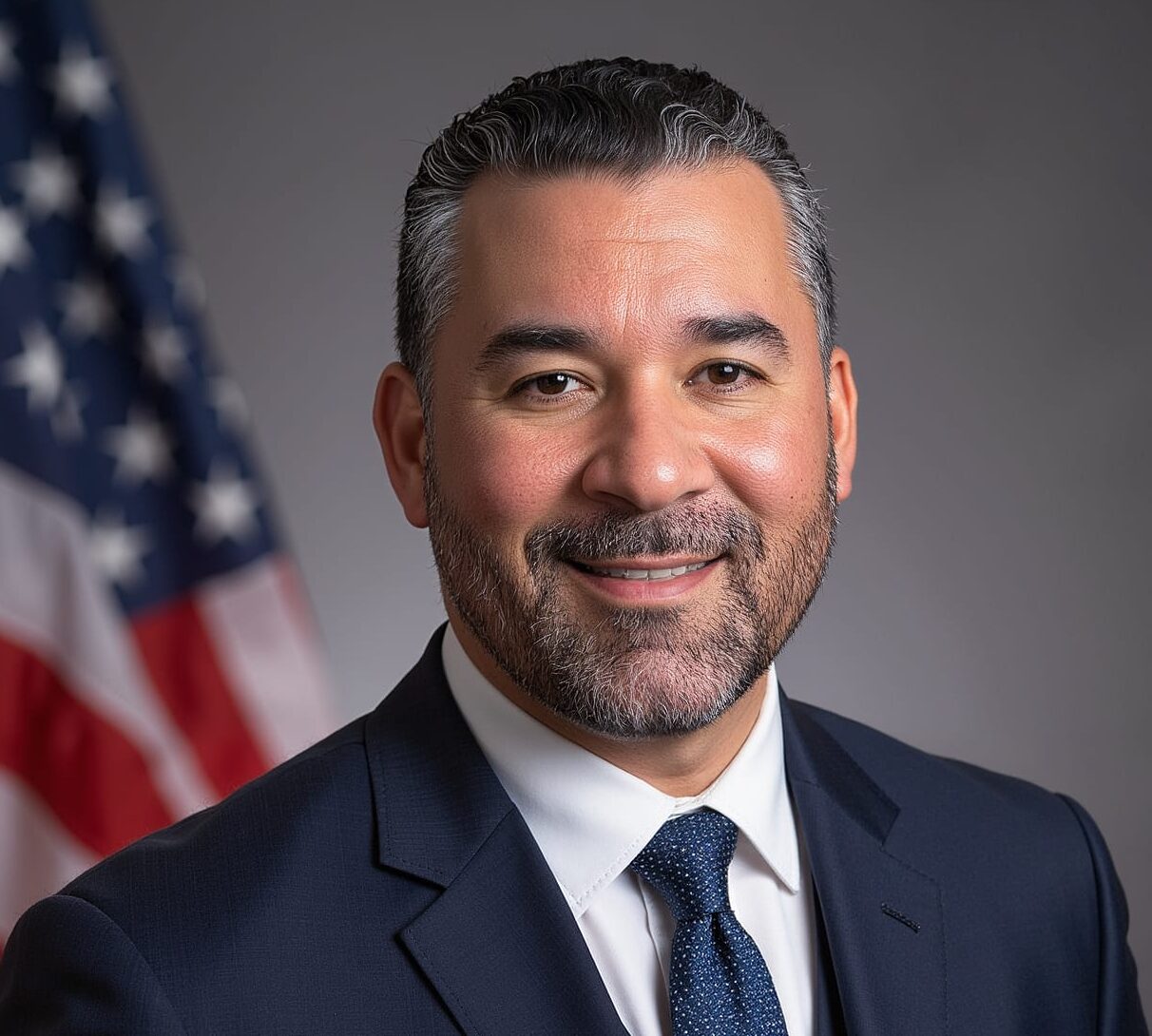



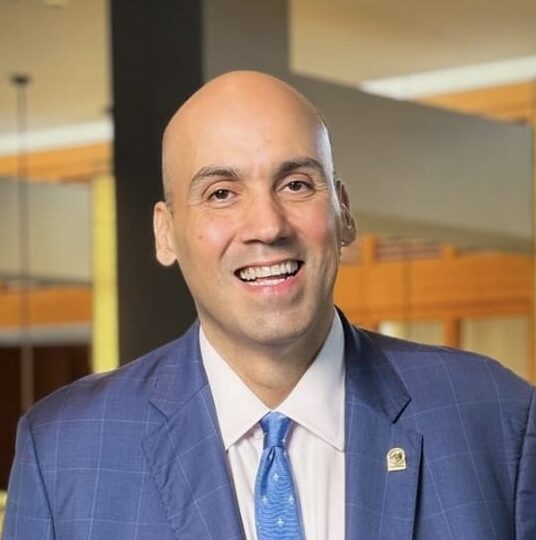
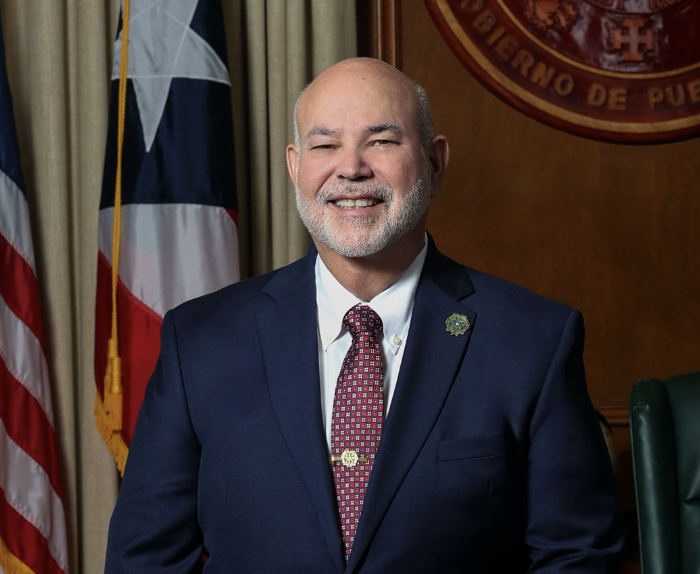

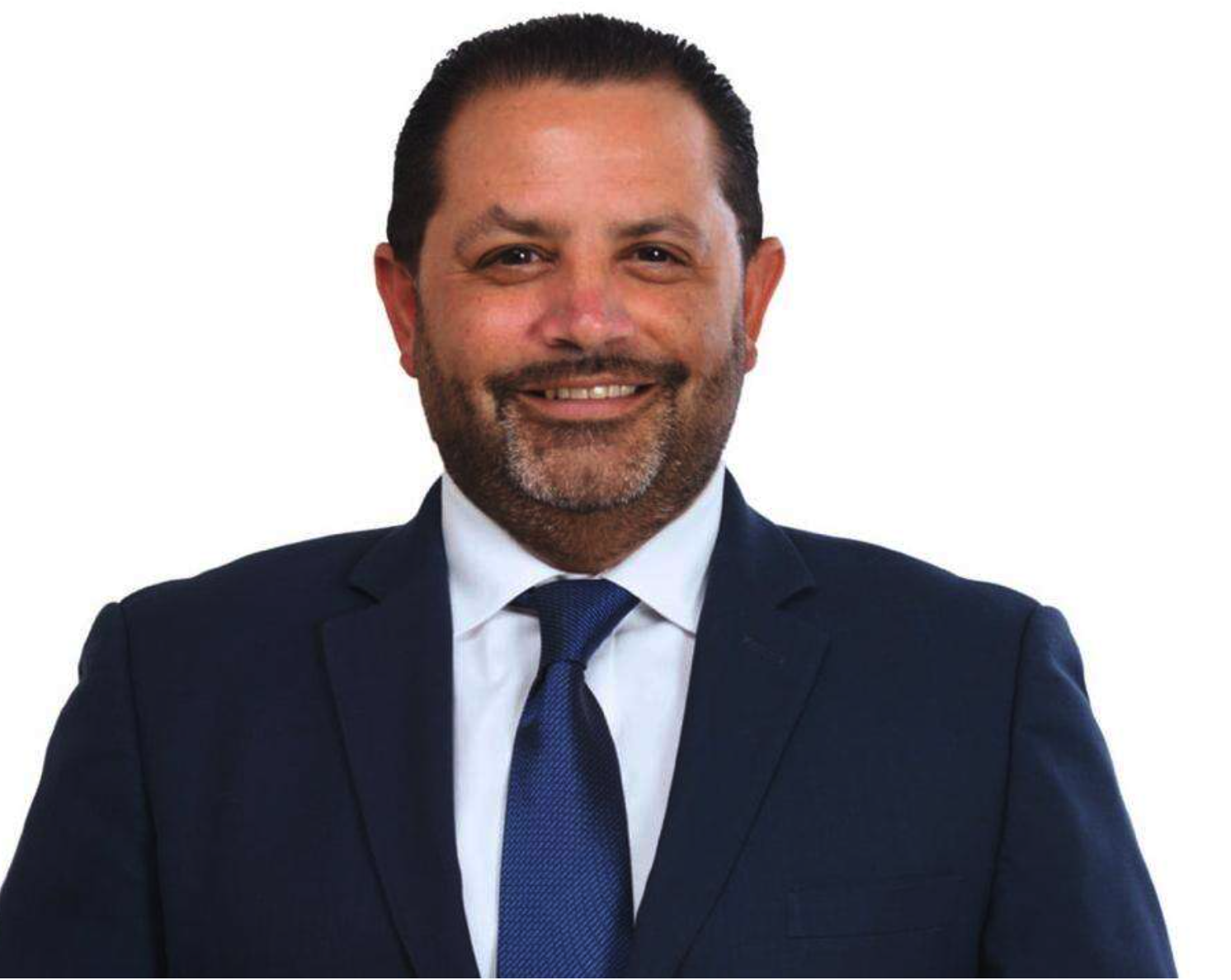

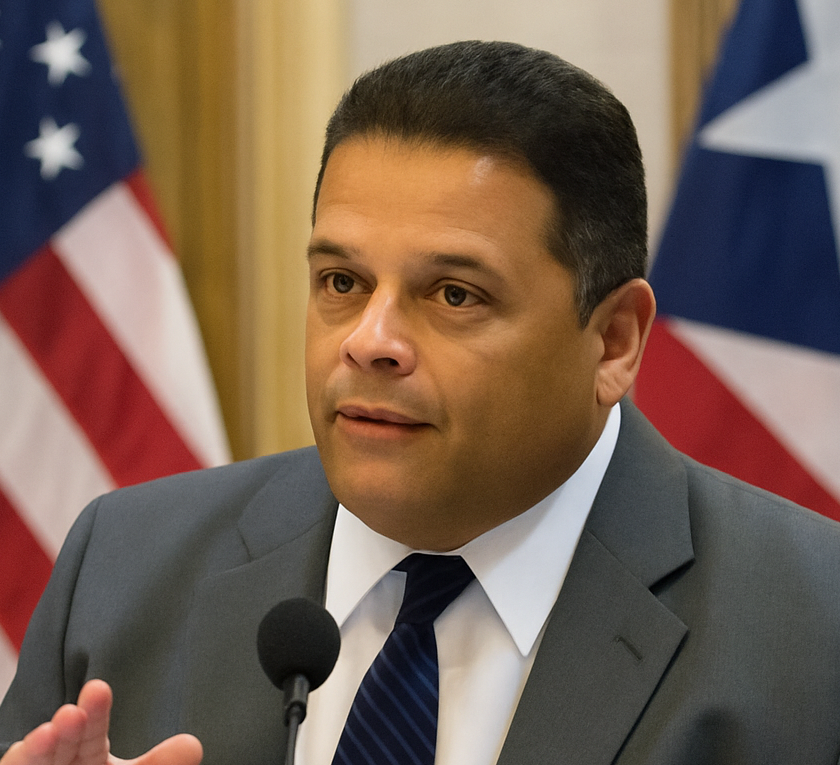







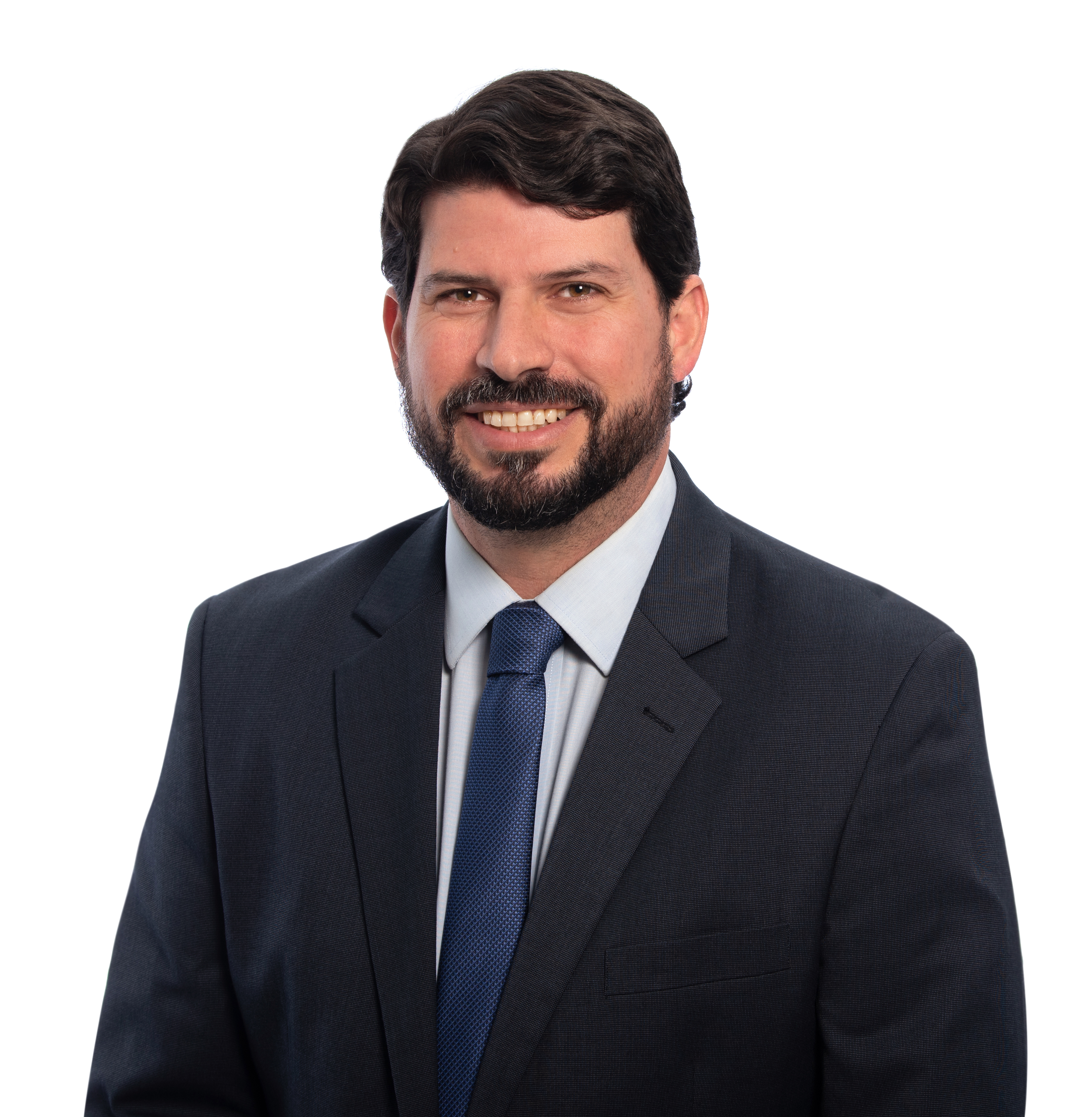

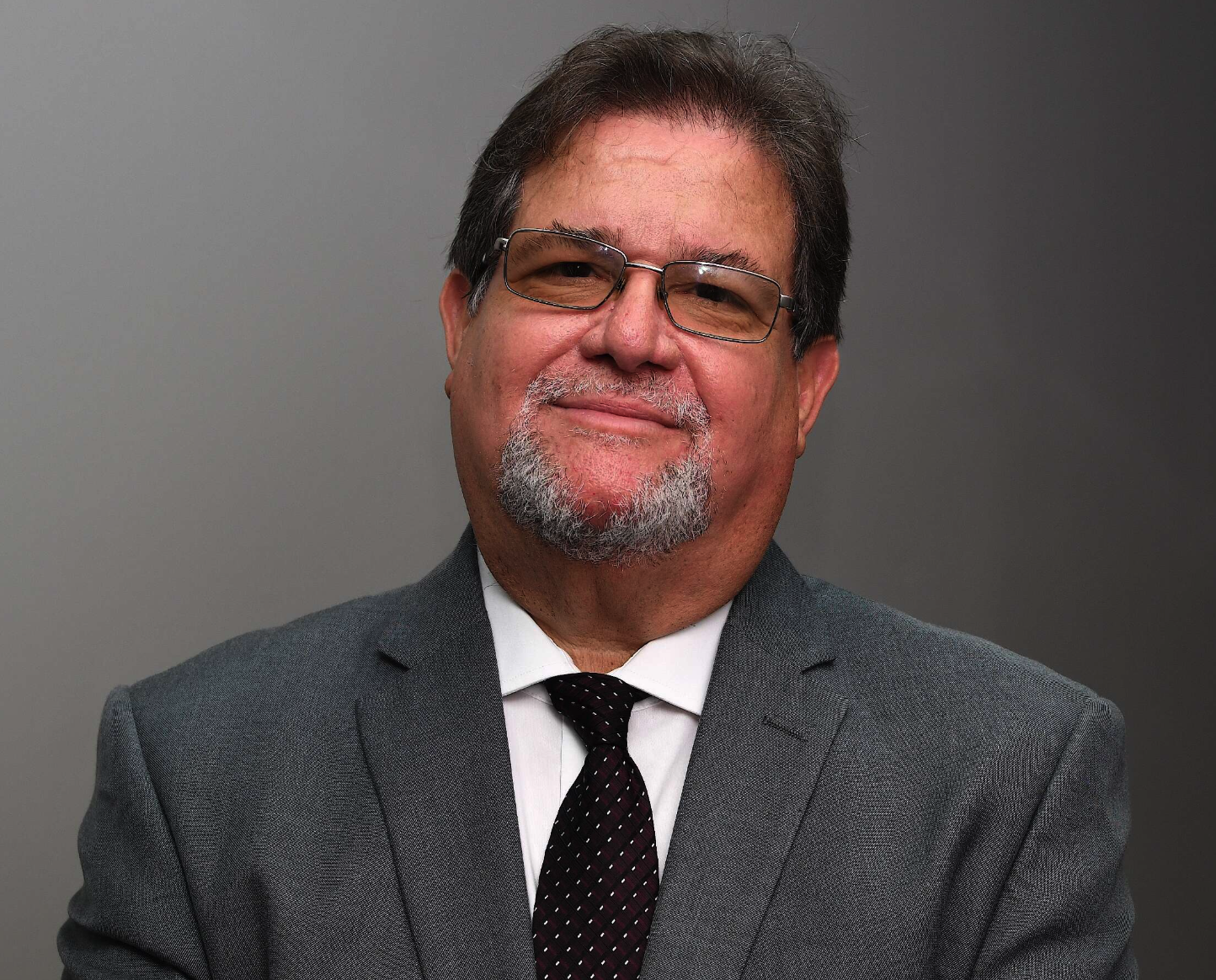
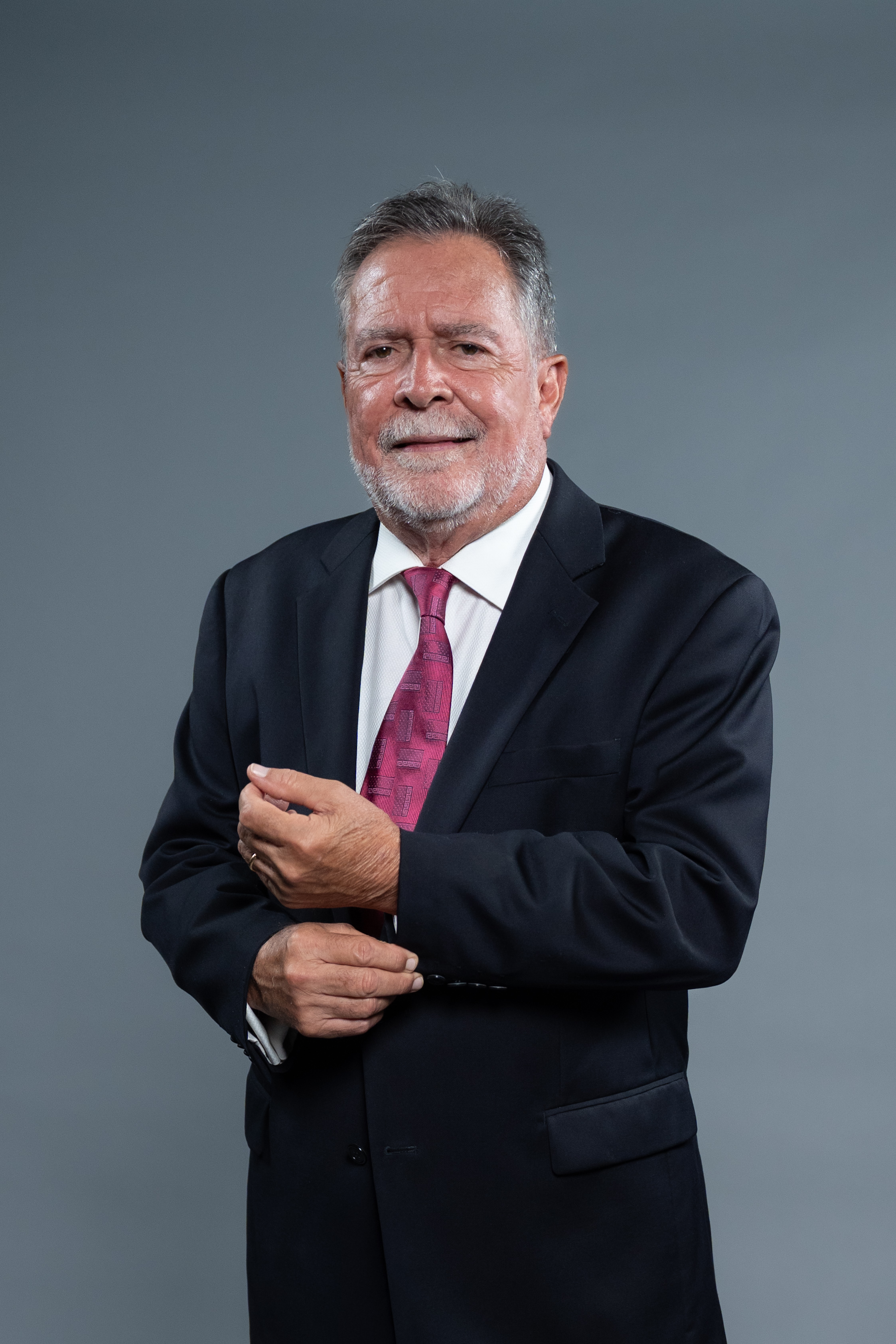
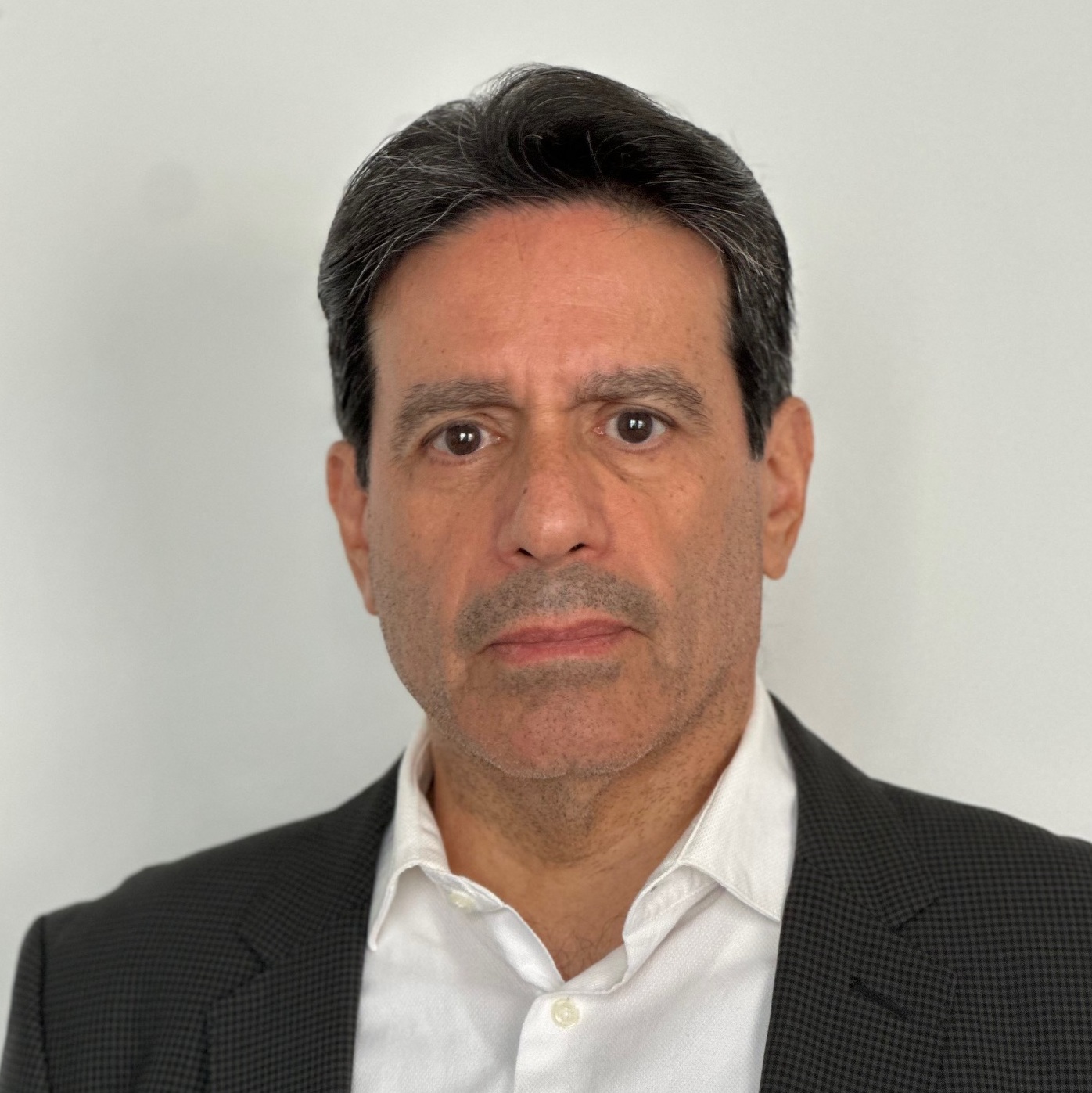
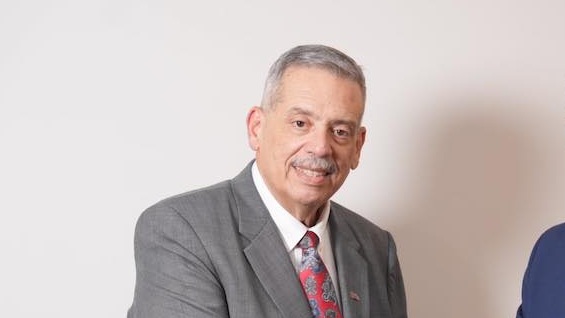
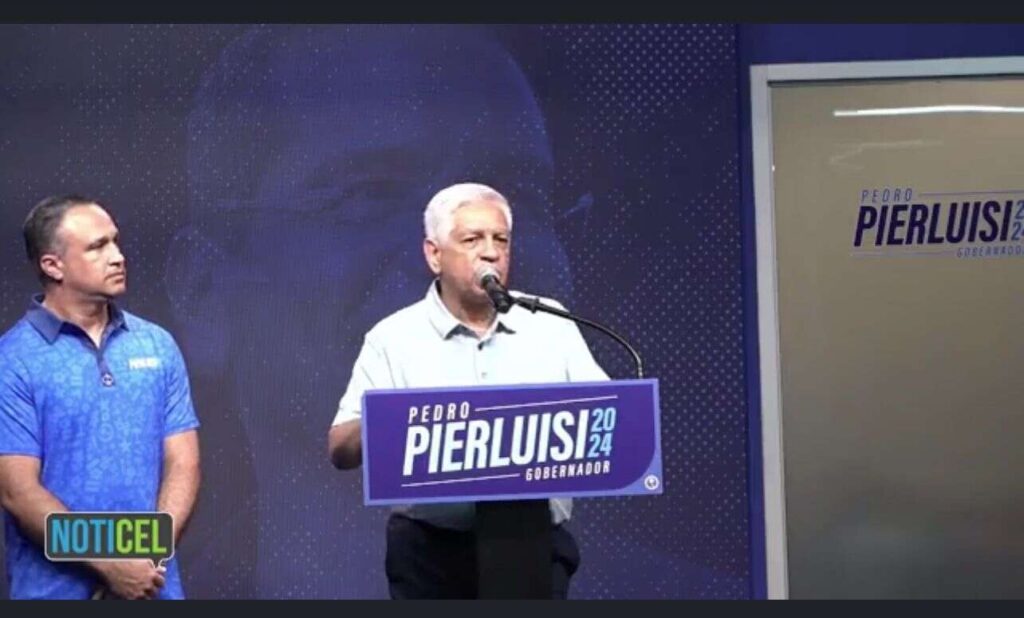
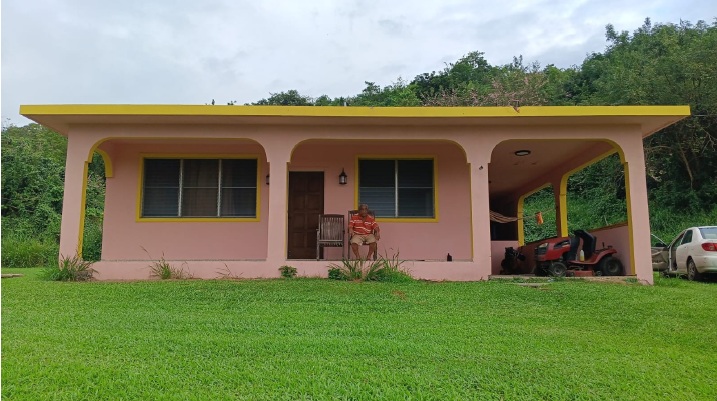

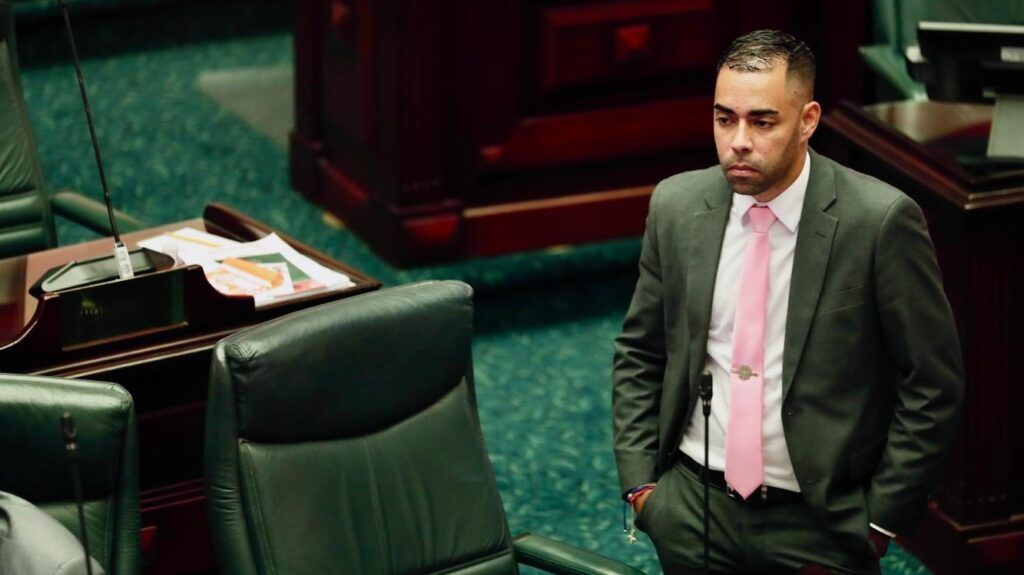


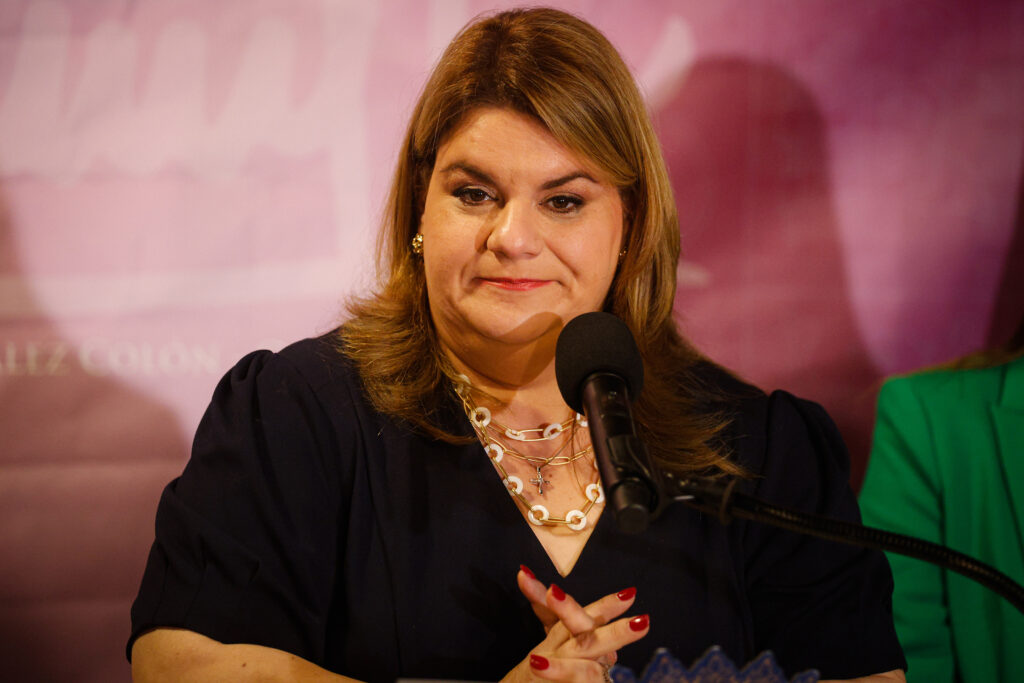

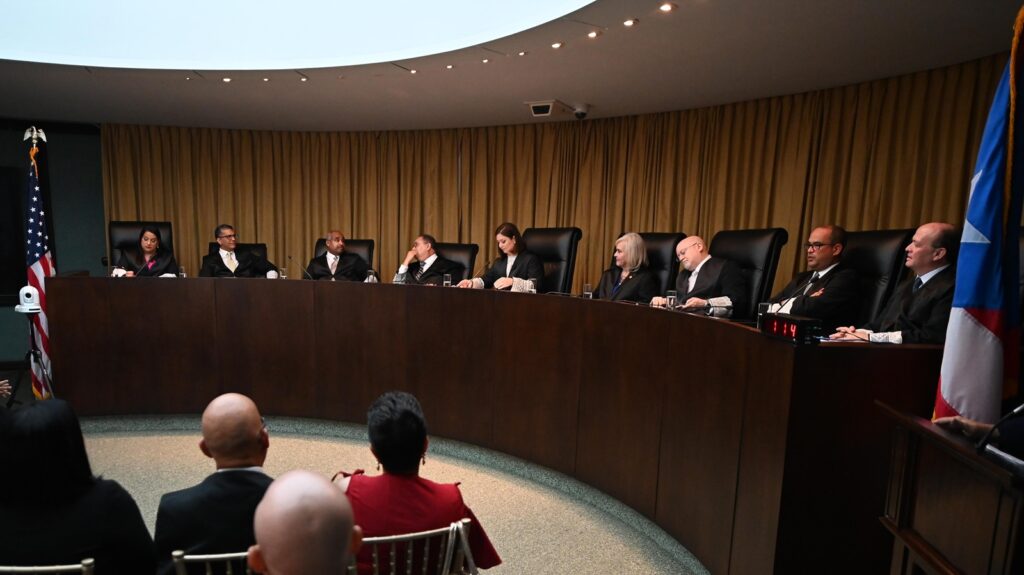
Comentarios {{ comments_count }}
Añadir comentario{{ child.content }}